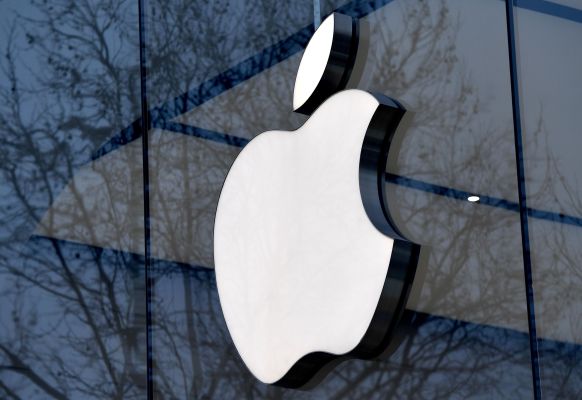Apple is sharing more details today about its upcoming App Tracking Transparency feature, which will allow users to control, on an app-by-app level, whether their data is shared for ad-targeting purposes.
In a sense, anyone using the current version of iOS can see App Tracking Transparency in action, since iOS already includes a Tracking menu in the Privacy settings, and some apps have already started asking users for permission to track them.
But when iOS 14.5 (currently in developer beta) is released to the general public sometime in early spring, Apple will actually start enforcing its new rules, meaning that iPhone users will probably start seeing a lot more requests. Those requests will appear at various points during the usage of an app, but they’ll all carry a standardized message asking whether the app can “track your activity across other companies’ apps and websites,” followed by a customized explanation from the developer.
Once an app has asked for this permission, it will also show up in the Tracking menu, where users can toggle app tracking on and off at any time. They can also enable app tracking across all apps or opt out of these requests entirely with a single toggle.
One point worth emphasizing — something already stated on Apple’s developer website but not entirely clear in media reports (including our own)— is that these rules aren’t limited to the IDFA identifier. Yes, IDFA is what Apple controls directly, but a company spokesperson said that when a user opts out of tracking, Apple will also expect developers to stop using any other identifiers (such as hashed email addresses) to track users for ad targeting purposes, and not to share that information with data brokers.
This does not, however, stop developers from tracking users across multiple apps if all those apps are operated by a single company.
The Apple spokesperson also said that Apple’s own apps will abide by these rules — you won’t see any requests from Apple, however, since it doesn’t track users across third-party apps for ad targeting purposes. (As previously noted, there’s a separate Personalized Ads option that determines whether Apple can use its own first-party data to target ads.)
Facebook has been particularly vocal in criticizing the change, arguing that this will hurt small businesses who use targeting to run effective ad campaigns, and that the change benefits Apple’s bottom line.
Apple has pushed back against criticism in privacy-focused speeches, as well as in a report called A Day in the Life of Your Data, which lays out how users are actually tracked and targeted. In fact, the report has just been updated with more information about ad auctions, ad attribution and Apple’s own advertising products.
